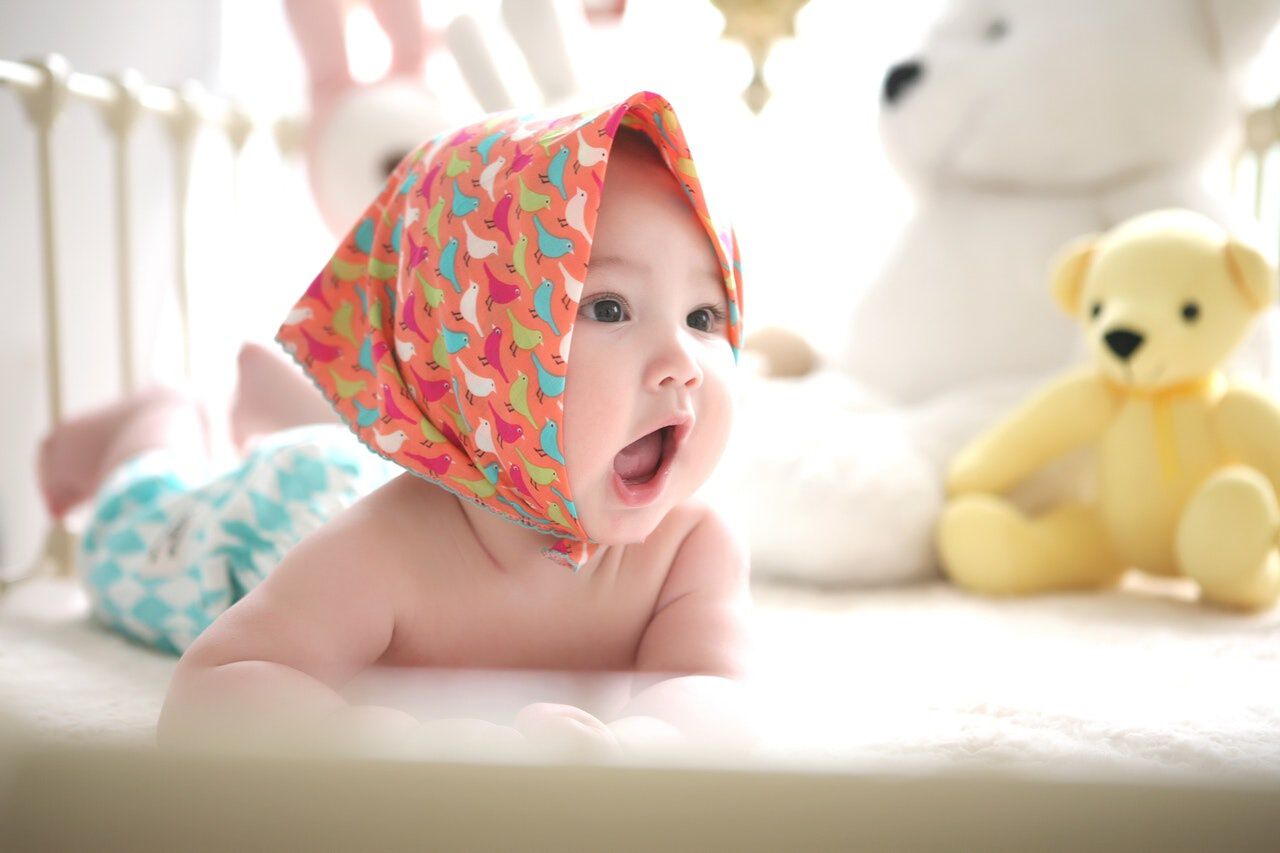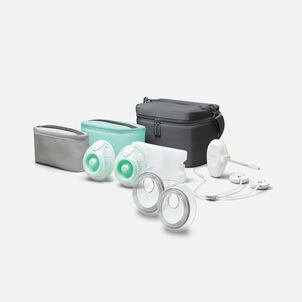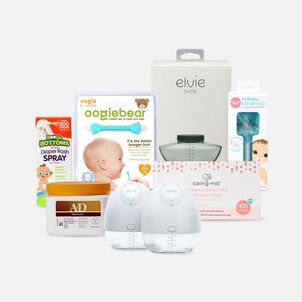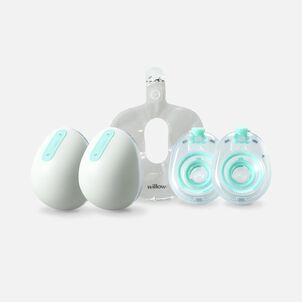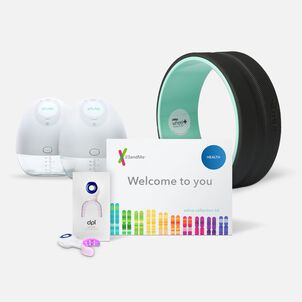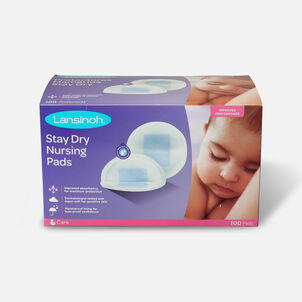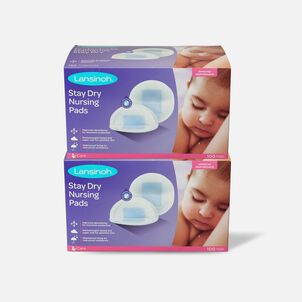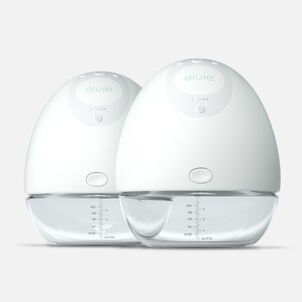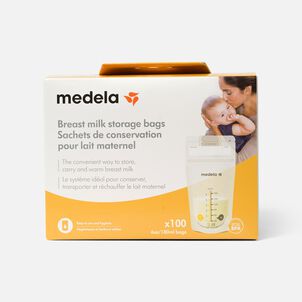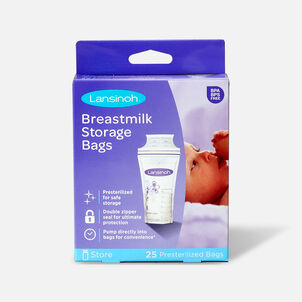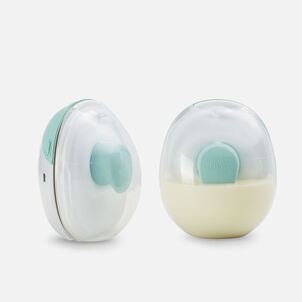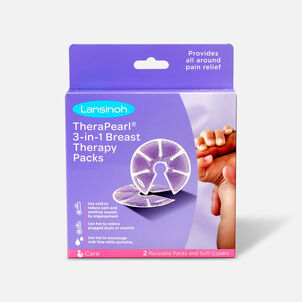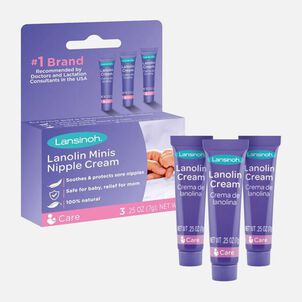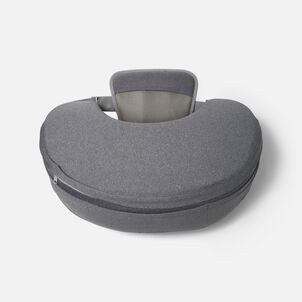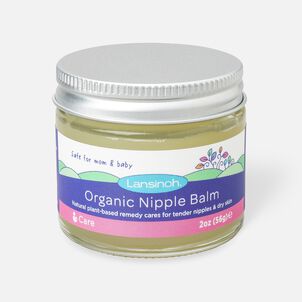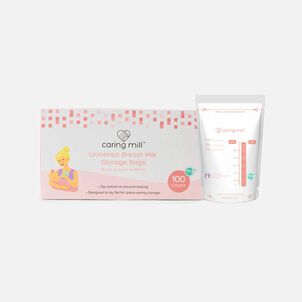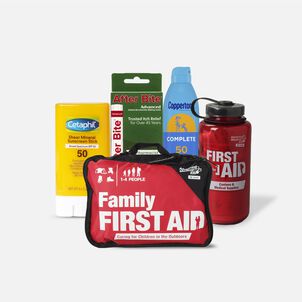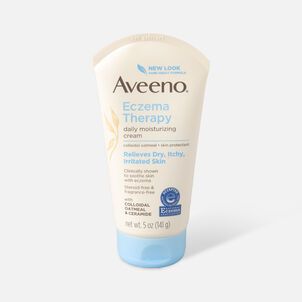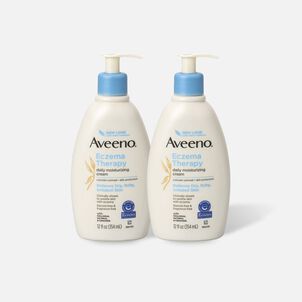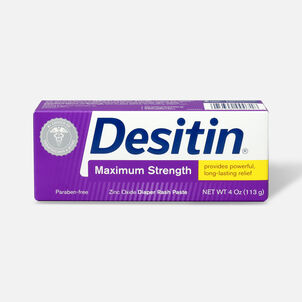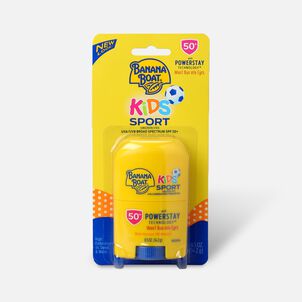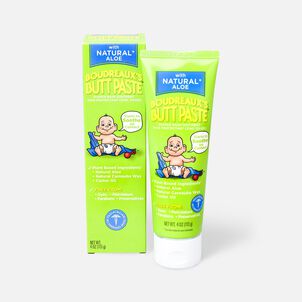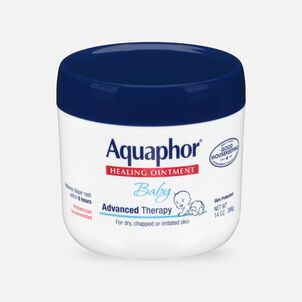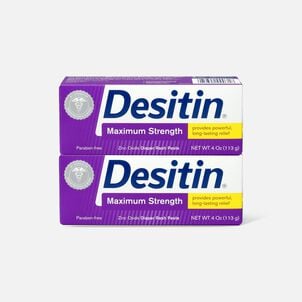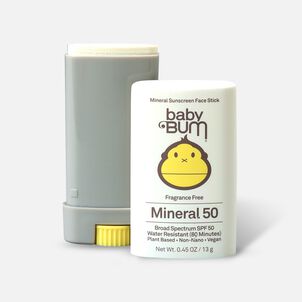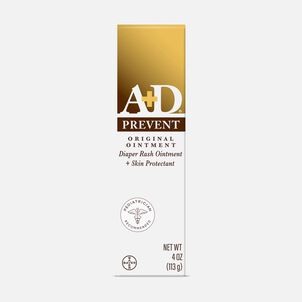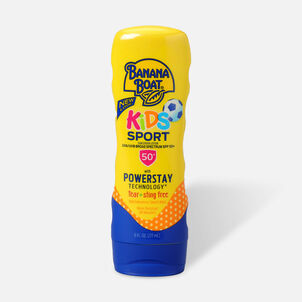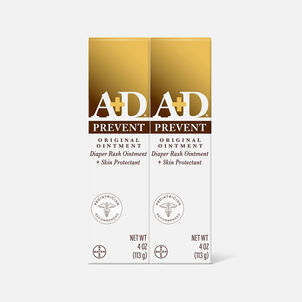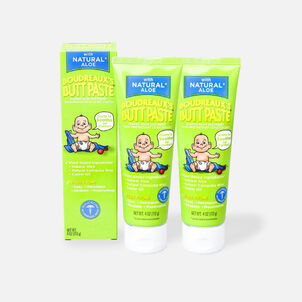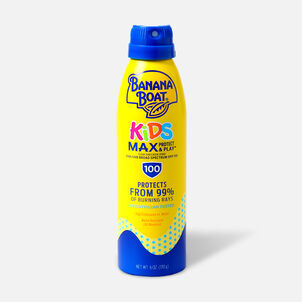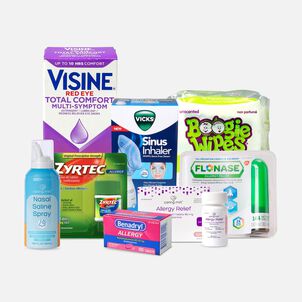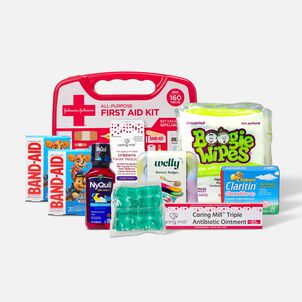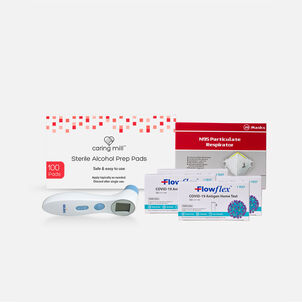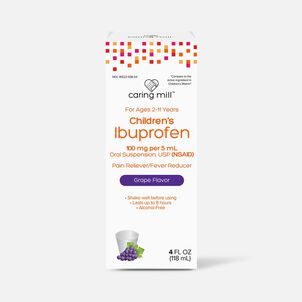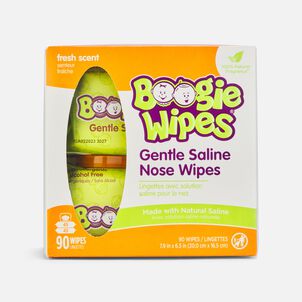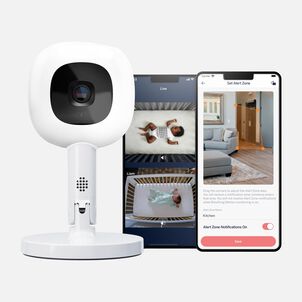People often talk about the expenses of having a child. When your life changes forever, the price tag changes with it. Having children is expensive, and these costs can often come during a time when money is tight. If mom or dad has to temporarily leave the workforce in order to provide childcare, any small strategies to save money can make a big difference. A situation like this calls for a Flexible Spending Account (FSA) — but which common baby products are actually FSA eligible?
Baby items that are not FSA eligible
Parents may be surprised to learn which common baby items are not FSA eligible. Here's a brief list of ineligible products:
Diapers
The average parent spends about $1,000 a year on diapers, and unfortunately they can't use an FSA to pay for them. Regular diapers for newborns and infants are not FSA eligible. However, diapers used to relieve the effects of a specific disease or medical condition may qualify with a Letter of Medical Necessity (LMN) from a pediatrician or other medical practitioner.
Infant formula
Infant formula is another common baby expense that is not FSA eligible. Parents can save money on formula by using coupons and shopping during special sales. If you can't find any coupons, try contacting the company directly. They may be willing to send you special discounts.
Baby bottles
Baby bottles are also not FSA eligible. If you already have bottles, you can save money by only replacing the nipples instead of buying brand new bottles.
Baby clothes
It seems like babies grow out of their clothes overnight, and that can mean a lot of trips to the store or orders from an online retailer. Unfortunately, baby clothes are not an FSA eligible expense.
Excluded from promotions
FSA eligible baby products
The rules on what you can buy with your FSA card may be limited to those products that diagnose or treat medical conditions, but there are plenty of baby and infant items that are FSA eligible.
Toddler training pants
Even though infant diapers are not FSA eligible, toddler training pants and nighttime underwear are used to protect against incontinence. If you have a toddler who is potty training, these pants are a great middle ground between diapers and underwear. They can wear these both at night and during the day. The Goodnites brand includes comic book characters and Disney princesses that your child will love.
Medicator
It's often difficult to get a child to take their medicine. That's where Munchkin the Medicator comes in. It's a pacifier-shaped dispenser that children use to take liquid medicine, designed to bypass the child's taste buds so they won't taste — and possibly spit up — the medicine you're administering.
Baby thermometers
Parents can use their FSA card to purchase any type of thermometer, including ear, forehead and rectal. Many pediatricians say that rectal thermometers are the most accurate, as long as your child will tolerate it. Forehead thermometers are the least invasive, but will typically cost the most.
The Baby Temp Smartphone Thermometer can take the temperature of almost anything, including nursing bottles, bathwater, and your baby's forehead. It syncs the temperature to your smartphone so you can track it.
Baby eyewear
If your child needs corrective eyewear, it will be covered by your FSA. You can also use your FSA card to purchase cleansing wipes and pay for vision exams.
Nose wipes
Wet nasal saline wipes are FSA eligible. These can be used in place of regular tissues when your baby has a stuffy or runny nose. Nasal saline spray, which can reduce nasal congestion, is also FSA eligible. If your child has a persistent runny nose, a nasal aspirator can help clear the nasal passages. These are also FSA eligible.
Baby sunscreen
Babies need to be protected from sun damage just like adults. All types of baby sunscreen, including lotion, spray, and stick form, are FSA eligible (as long as they are SPF 15 or above and offer broad spectrum protection). Both mineral and chemical sunscreens are eligible, though pediatricians recommend mineral or physical sunscreens for children. Regular adult sunscreen is also FSA eligible.
Breast pump and accessories
One of the biggest essentials for mothers is a breast pump, which pumps breast milk into a separate bottle or bag that you can use later. Most insurance companies will cover the cost of one breast pump, and you can use your FSA funds to purchase a spare to keep at work.
You can also use your FSA card to buy breast pump accessories like extra storage bags, cleansing wipes, and breast shields.
If you've had a few drinks and want to breastfeed, you can purchase test strips that will measure the amount of alcohol in your breast milk. These strips determine if it's safe to breastfeed or if you need to use formula or pre-pumped breast milk instead. These strips are also FSA eligible.
Mothers suffering from pain associated with breastfeeding can use a lactation massager, which can relieve clogged ducts, reduce pain, and improve milk flow.
Lactation consultant
Mothers who plan to breastfeed can hire a lactation consultant, who will identify any potential problems they might run into. This service is FSA eligible before and after you give birth.
Baby Healing Ointments & Creams
If your baby has a skin condition like dermatitis, eczema or diaper rash, the healing ointments and creams you buy is FSA eligible. Baby lotion is often designed for sensitive skin and may be less harsh than formulas made for adults.
-
Thank you for visiting the FSA Store Learning Center! Don’t forget to follow us for more helpful tips on Facebook, Instagram, and Twitter!
